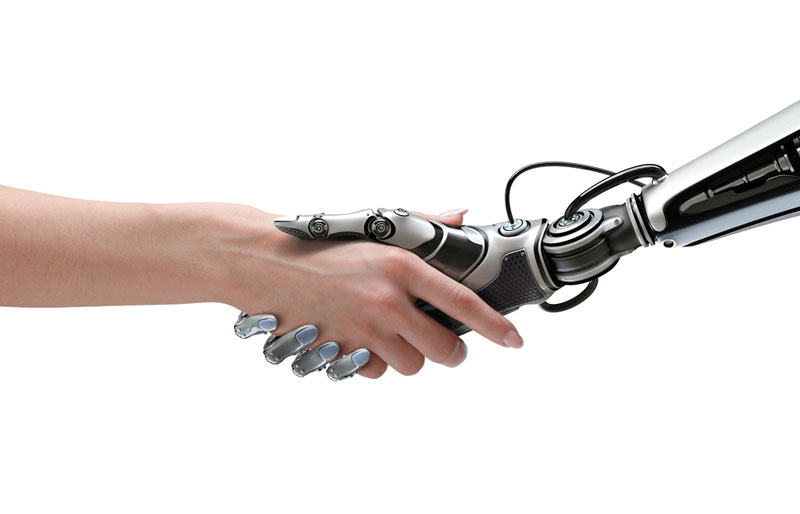
Bot.Me: A revolutionary partnership
With a market projected to reach $70 billion by 2020, explore how artificial intelligence is poised to have a transformative effect on consumer, enterprise and government markets around the world.
This PwC report focuses on how artificial intelligence (AI) is pushing humans and machines closer together and concludes that an open mind will be the biggest asset in the near future. Those who think practically and critically will ride the waves of these advancements instead of being left behind.
Key findings
Fifty-five per cent of business executives believe that the benefits of leveraging AI in business to boost productivity outweigh the potential downside of employment concerns.
- Less repetitive tasks = more big thinking. In their own roles, business execs see huge potential for AI to alleviate repetitive tasks such as:
- paperwork (82 per cent)
- scheduling (79 per cent)
- timesheets (78 per cent)
- accounting (69 per cent)
- personal expenses (65 per cent)
- email management (60 per cent)
- They also see potential for AI managers to improve life for employees. The majority believe employees wouldn’t mind working with an AI manager if it meant more flexibility and freedom to work from home (71 per cent) and if it resulted in a more balanced workload (64 per cent). Seventy per cent agree that AI enables humans to concentrate on meaningful work and provide more time for leisure activities.
Sixty-three per cent of consumers agree AI will help solve complex problems that plague modern societies and 59 per cent believe it will help people live more fulfilling lives.
- In the next five years, consumers can see AI replacing humans as a:
- tutor (58 per cent)
- travel agent (56 per cent)
- tax preparer (54 per cent)
- office assistant (52 per cent)
- More than half of consumers believe AI will provide educational help to disadvantaged schoolchildren and over 40 per cent believe AI will expand access to financial, medical, legal and transportation services to those with lower incomes.
- Consumers also see the value in sharing their personal information for the greater good: 62 per cent would share their data to help relieve traffic in their cities and 57 per cent would do so to further medical breakthroughs.